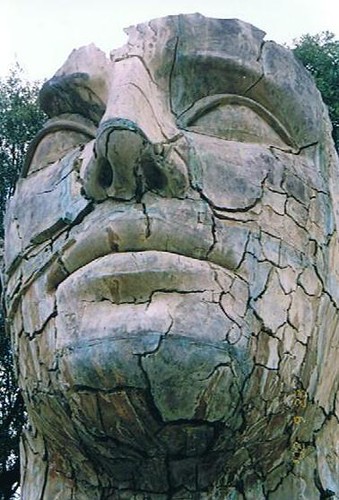|
|
🦋 Notes on identity confusion in Pamuk
...as he read, he identified first with the usher, then with the brawling audience, then with the çörek maker, and finally -- good reader that he was -- with Celâl.-- The Black Book
A couple of jottings in furtherance of my essay idea:
- Identity confusion is important in Pamuk.
- I started to formulate this statement while I was reading Other Colors, and have since seen it borne out in The White Castle, The New Life, and especially The Black Book.
- Does this statement also apply to Snow and My Name is Red, which I read before it occurred to me? (beyond the obvious detective-story aspects of Red) -- the answer may well be yes but I think I would need to reread them with this in mind, to be sure. If not, it might seem appropriate to think of this as something Pamuk had "outgrown".
- The confusion that I'm talking about is (frequently) a confusion between the roles of Author and Reader. So it's an easy step to take, to confuse yourself-as-reader with Pamuk-as-author. Or so I think.
- As a side note, I wonder how this plays into my impression of these 5 novels, which is that each of them is written in a distinctly different style and voice -- though I think I can hear shades of the same voice underlying each -- if Pamuk is serious about giving up his identity when he writes that would help explain the differences. An alternate explanation is that there are four different translators involved in creating English versions of these five books -- only Maureen Freely has two translations. But I don't think those two are particularly more similar to each other than any other pair.
- I think the experience of losing track of one's identity while reading a story is a wonderful thing; it might be the primary reason I read novels. Understanding this is something I am taking away from reading Pamuk. Is this the same as saying "I read for escape from my everyday life", which seems banal and not really worth thinking about at length the way I have been doing? In Pamuk's novels it seems to be doing a lot more work than that.
- What larger ideas if any does this lead to? How is the beauty of Pamuk's books explicable in these terms? Would such an explication be "criticism"? (Note: I've had an ongoing conversation with myself about what is criticism, and is it something I would be able to write, for a while now.)
posted evening of Saturday, April 5th, 2008
➳ More posts about The Black Book
➳ More posts about Orhan Pamuk
➳ More posts about Readings
➳ More posts about Other Colors
➳ More posts about Identification
| |
|
Drop me a line! or, sign my Guestbook.
•
Check out Ellen's writing at Patch.com.
| |

